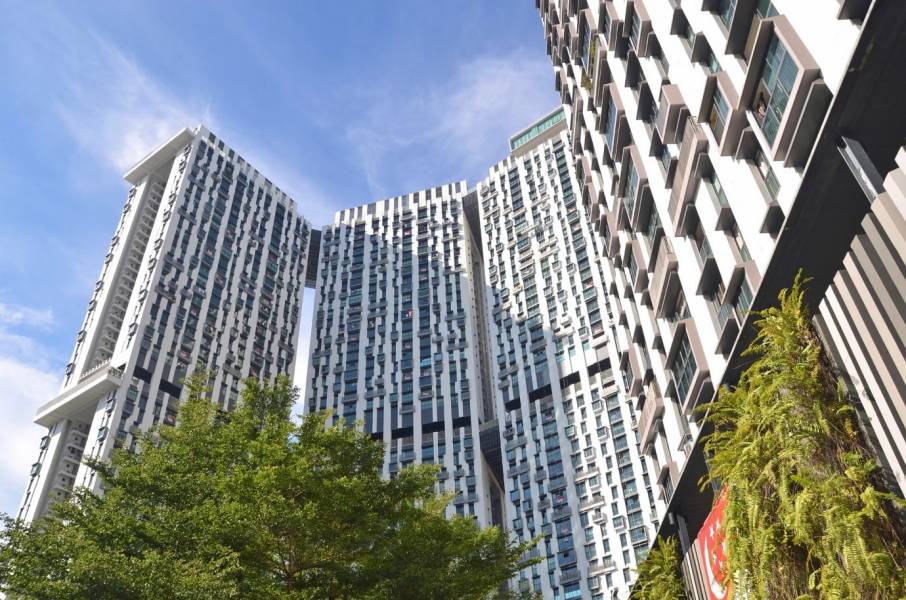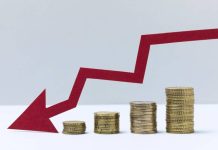
Singapore is an island nation that has proven to be a great destination for tourists. Singaporeans are polite and welcoming, but what many people do not know is that there are lucrative investment options in the country. Even though most sectors were affected by the pandemic, real estate was largely unaffected, and this sentiment also applies to Singapore. Investing in real estate in Singapore has proven to be a great business move for a lot of investors, and we are going to look at some reasons why this is so.
You Get a Lot of Leverage Affordably
In Singapore, you can borrow up to five times your salary at affordable interest rates to buy a property. When the value of the property goes up, which is likely when you look at market forces, the amount of money you make is multiplied.
This means you get a lot of leverage on the sum borrowed at very low interest rates. The key is not to borrow too much so that you do not suffer if the market declines. Buying the right property at the right time using the right mortgage option is the best way to go about it.
Positive Market Sentiment
Singapore has emerged very strongly from the pandemic compared to many other countries. This, combined with its improving economy, has created positive market sentiment that makes it very lucrative to invest in property in the country.
The government provided economic stimulus and supplementary budgets to shore up the country and this kept employment numbers up, especially in the private sector. Without a threat to job security, the property market kept thriving and this made it even more attractive to investors.
You Can Earn Passive Rental Income
There are lots of Singaporeans who buy properties to rent, and you can do this as an investor. Most people who do this put the rental income towards their mortgage payment, with whatever is left being their profit for the month.
Renting out property in Singapore can be very lucrative if managed right in the long term. You just need to ensure you have tenants all the time as they are key to your investment.
Lastly, there is also the option of selling the property if you see an opportunity to make a profit or change your mind about owning these properties.
There are several taxes you need to think about when investing in property in Singapore. The first is stamp duty which is charged when you purchase, sell, or lease a property. This tax is paid so that documentation following these transactions can be recognized by the government.
The amount of tax paid depends on which is higher between how much you pay for the property and its market value. To make things easier as an investor, you can use the IRAS stamp duty calculator from PropertyGuru to see how much stamp duty you have to pay. PropertyGuru is a premier Singaporean property platform where you can find property for lease or sale. They also help buyers and sellers find agents to help with their transactions and also discuss new properties and developments you can invest in.
Singapore is a Crucial Hub
Singapore is always viewed as a crucial regional hub and a haven for investors. The country has low taxes, some of the best airports in the world, and political stability, all factors that make it favorable for investors. Another crucial factor to consider is that Singapore is starting to emerge as a tech hub in Asia. Tech companies from the United States and China have already realized this and are moving to the country.
The result is some of the most educated people in the world moving to Singapore as the companies they work for do so, too. This drives up the demand for property in the country. Investors who can take advantage of this should see great returns in the long term.
Singapore Does Not Have Capital Gains Tax
Capital gains tax is tax levied on the appreciation of assets. These can be anything from precious metals and art to properties. Even without capital gains tax levied on these appreciations, tax is still levied if your primary business is buying and selling properties. This means that if you invest in property and sell it down the road after using it for its intended purpose, you will not be charged capital gains tax on it.
The intended purpose is only one criterion for taxation. Others include: if you have held the property for more than six months and sell for a profit; if you are a high-volume trader; if you renovated the property extensively; or if the sale was not mandated by the government or business liquidation.
Singapore has emerged as one of the best investment hubs in Asia for a myriad of reasons. Availability of properties, favorable taxation, and the country’s potential are all reasons that make it so attractive to investors.
HedgeThink.com is the fund industry’s leading news, research and analysis source for individual and institutional accredited investors and professionals





































